ARTICLE 107: COFFEEHOUSES IN THE DEVELOPMENT OF PRAGUE LINGUISTICS
Coffeehouses provide a space for free creativity and the exchange of ideas, fostering the formation of the Prague School of Linguistics and making a significant contribution to the development of modern linguistics.
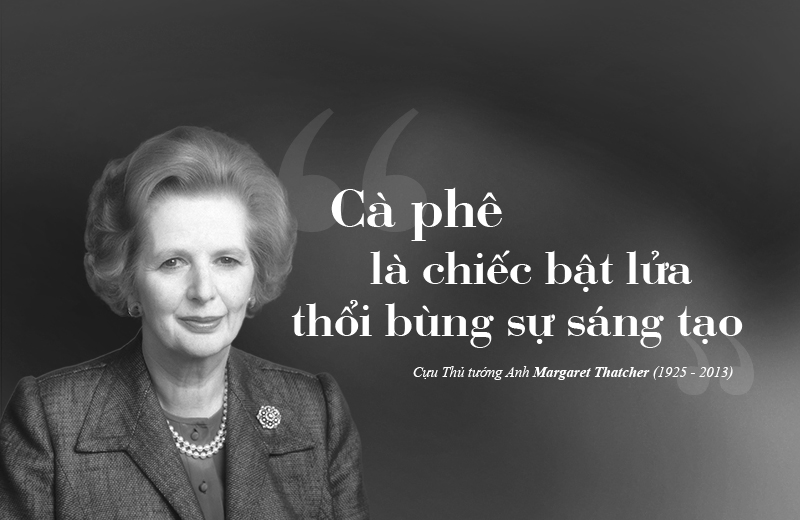
Coffee is the spark that ignites creativity – Former British Prime Minister Margaret Thatcher (1925–2013)
A New Perspective on Linguistic Research
Linguistics has ancient origins dating back to early civilizations and was a subject of interest for many scholars and philosophers during the Medieval and Renaissance periods. However, it was the 19th century that marked a groundbreaking era, laying the foundation for the field of linguistics. Research in comparative linguistics and phonetics during this time provided the basis for linguistics to emerge as an independent scientific discipline in the 20th century.
The advent of Comparative Linguistics in the 19th century was one of the most significant developments in the field. This school of thought studied the history of languages, comparing closely related languages to construct a unified theory about the origins and evolution of language. At the same time, this period witnessed the birth of Phonetics, which focused on analyzing the sounds of language, how they are pronounced, and the physical properties of sound. Although these methods were instrumental in studying various aspects of language—such as sound, grammar, and vocabulary—they paid less attention to the internal structure and the communicative functions of language in practical life.
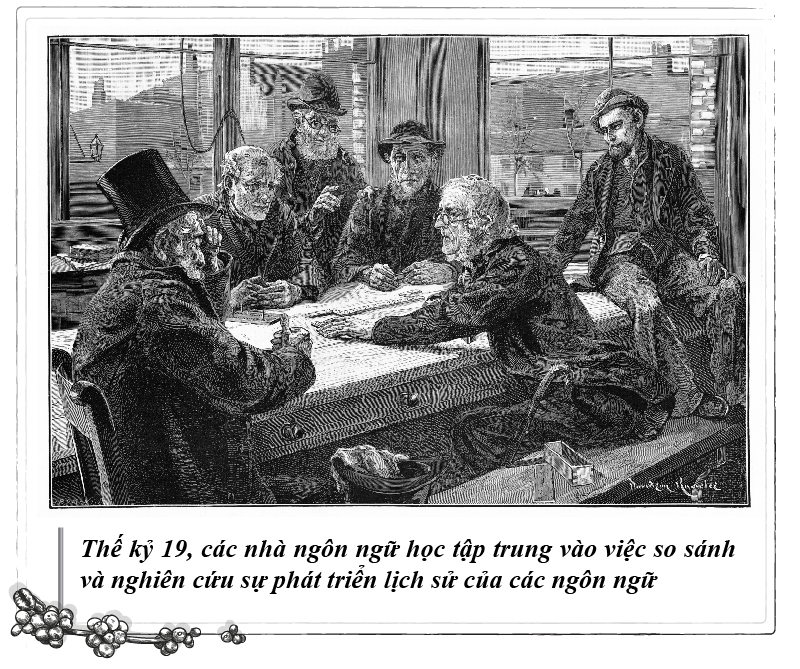
In the 19th century, linguists focused on comparing and studying the historical development of languages.
In the 20th century, Europe experienced many significant turning points in social and cultural history. After the collapse of the Austro-Hungarian Empire, Czechoslovakia (now the Czech Republic) was established in 1918, with Prague becoming the capital of this new nation. This event created a new political landscape and ushered in a period of vigorous development in the fields of culture, art, and society. From a historic city influenced by the Austrian Empire in the 19th century, Prague gradually transformed into an important intellectual and artistic center in Central Europe. Here, ideological revolutions, political movements, and new cultural trends emerged and flourished throughout the 20th century.
Notably, in the 1920s, a group of influential literary critics and linguists in Prague and Brno (Czech Republic), including Vilém Mathesius (1882–1945), Nikolay Trubetskoy (1890–1938), and Roman Jakobson (1896–1982), founded the Prague School of Linguistics. The group was highly active during the 1920s and 1930s, making revolutionary contributions to the study of language. One of their most prominent works was Roman Jakobson’s theory of semantic functions and Nikolay Trubetskoy’s theory of grammatical and phonological structures. These theories emphasized that language is not merely a tool for transmitting information but also serves expressive, communicative, and thought-organizing functions.
In 1928, at the First International Congress of Linguistics, the Prague School of Linguistics presented a series of significant theses emphasizing the study of language as a structured system. These included key studies on phonology, grammar, and the functions of language. These theses not only transformed the approach to linguistic research at the time but also had a profound impact throughout the 20th century. Shifting away from descriptive, enumerative methods that analyzed the grammatical rules of a specific language, the Prague School focused on studying semantics, functions, structures, and the relationships between elements within the linguistic system. Their theories deeply influenced modern linguistic research schools, such as Structural Semantics and Functional Grammar.
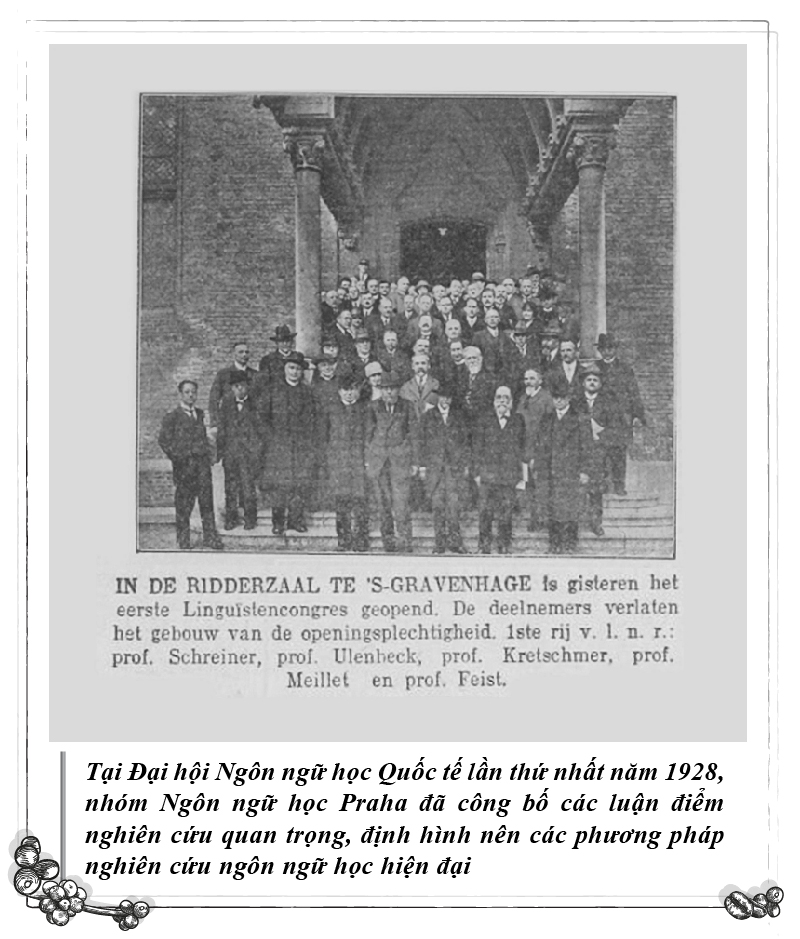
At the First International Congress of Linguistics in 1928, the Prague School of Linguistics presented significant research theses that shaped modern linguistic research methods.
In addition to linguistics, the Prague School also engaged in other fields such as aesthetics, literary theory, ethnography, and musicology. In 1935, the group began publishing a journal titled Le mot et l’art du mot (The Word and the Art of the Word). Their continuous activities, including conference presentations and publications, established the Prague School as one of the most influential linguistic thought movements of the 20th century.
The Birthplace and Catalyst of the Prague School of Linguistics
As an integral part of Western culture, coffee and coffeehouses have long served as catalysts for the emergence of great ideas, contributing to the cultural and social advancement of many nations over centuries.
In Prague, once part of the Austro-Hungarian Empire and characterized by its multinational, multiethnic society, the city’s coffeehouses embodied cultural diversity and intersection. The cultural and social life of Prague was shaped by a long journey of major political and social changes, ideological revolutions, and the vigorous development of intellectual and artistic culture. Coffeehouses, as essential hubs of community life, were deeply connected to and contributed to Prague’s societal transformation.
During periods of war and significant social upheaval, coffeehouses became venues for political discussions on topics such as fascism, communism, and freedom and democracy. At iconic locations like Café Louvre and Café Slavia, movements advocating Czech nationalism, individual freedoms, and political reforms were passionately debated, further solidifying the role of coffeehouses as centers of intellectual and cultural exchange.
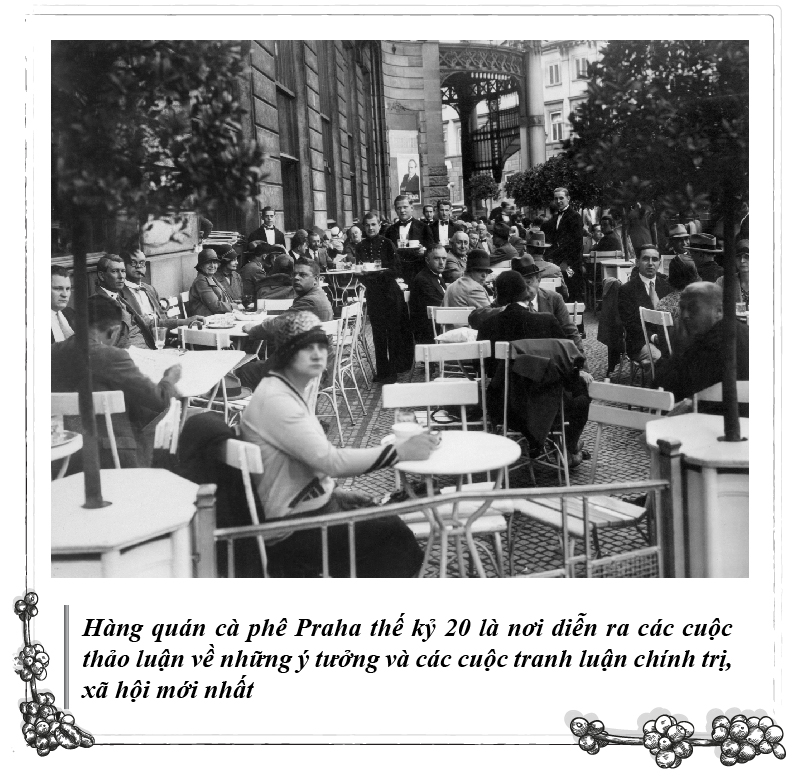
Prague’s 20th-century coffeehouses were venues for discussions on the latest ideas and debates surrounding political and social issues.
During Prague’s period of flourishing development, becoming a beacon of Central Europe, its coffeehouses served as meeting places for writers, linguists, philosophers, and artists from various nations and ethnicities, including Germany, Austria, Russia, and Jewish communities. Iconic spaces such as Café Arco, Café Union, Café Slavia, and Café Louvre became favorite destinations for intellectuals of the time, including writer Franz Kafka, poet Jaroslav Seifert, playwright Václav Havel, and linguists Roman Jakobson and Nikolai Trubetzkoy. In the free and creative atmosphere of these coffeehouses, intellectuals transcended social and political boundaries to engage in open dialogues and exchanges of ideas. These interactions gave rise to new works, theories, and ideologies that had a profound influence on European culture and society.
Notably, the Prague School of Linguistics was founded at Café Derby in Prague, where the group held its early meetings. Members of the Prague School, including Roman Jakobson, Nikolai Trubetzkoy, Jan Mukařovský, and Vilém Mathesius, frequently visited Prague’s coffeehouses to seek inspiration and engage in discussions that helped develop groundbreaking linguistic theories. Familiar gathering spots for the group included Café Arco, Café Slavia, Café Union, Café de Paris, and Café Louvre. These venues provided a vibrant intellectual atmosphere that played a key role in shaping the influential ideas and theories of the Prague School.
One of the most prominent theories of the Prague School of Linguistics is phonology, primarily developed by Nikolai Trubetzkoy. Trubetzkoy engaged in profound discussions about phonology with members of the group and other intellectuals, particularly during gatherings at Café Slavia. The ideas discussed and refined in these coffeehouses contributed significantly to his groundbreaking work Principles of Phonology, one of the most influential texts in the history of modern linguistics. This work not only redefined the field of phonology but also introduced structural methods of language analysis, influencing other linguistic theories such as phonetics, semantics, and modern grammar. Additionally, Jan Mukařovský, another key member of the group, developed the theory of literary structuralism, which was shaped by discussions held at Café Union and Café Slavia. These theories, born in the vibrant intellectual atmosphere of Prague’s coffeehouses, had a lasting impact on linguistic and literary studies.
Café Slavia became a symbol of intellectual exchange and the theoretical development of the Prague School of Linguistics. It even appeared in several literary works, such as Halleyova kometa by Jaroslav Seifert and Kavárna Slavia by Ota Filip, further cementing its place in cultural and intellectual history.
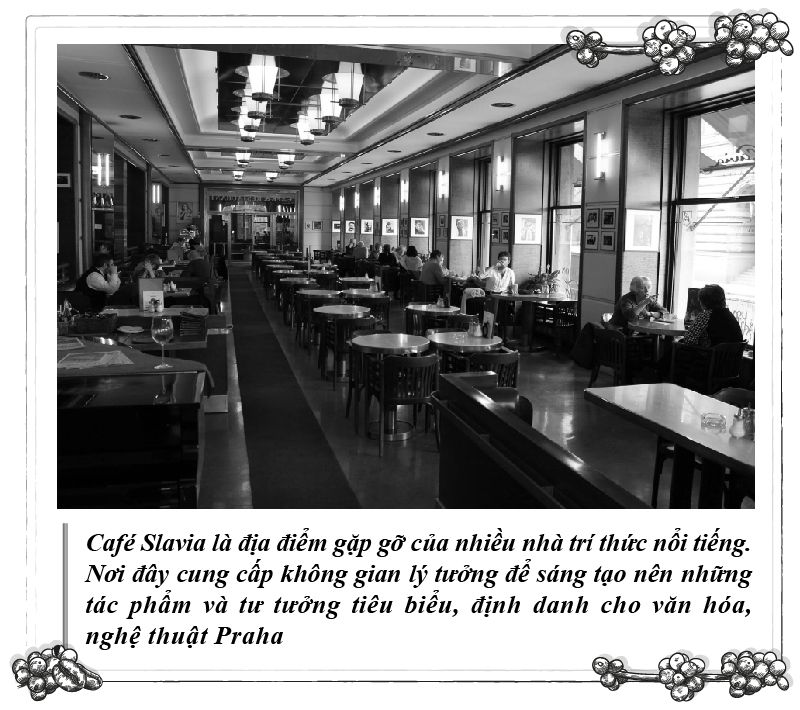
Café Slavia was a meeting place for many renowned intellectuals, providing an ideal space for the creation of exemplary works and ideas that came to define the culture and art of Prague.
Prague’s coffeehouses made a significant contribution to the overall development of humanity in fields such as culture, art, and especially linguistics. Through lively dialogues and the free exchange of ideas in these coffeehouses, the Prague School of Linguistics pioneered innovative methods of linguistic research, expanding humanity’s understanding of language. In doing so, Prague firmly established itself as a vibrant cultural hub of Europe, a place where intellectual and artistic brilliance converged.
Readers are cordially invited to watch the series of The Tao of Coffee videos posted on https://bit.ly/caphetrietdao
Coming up: Coffee – the Warrior’s Energy


